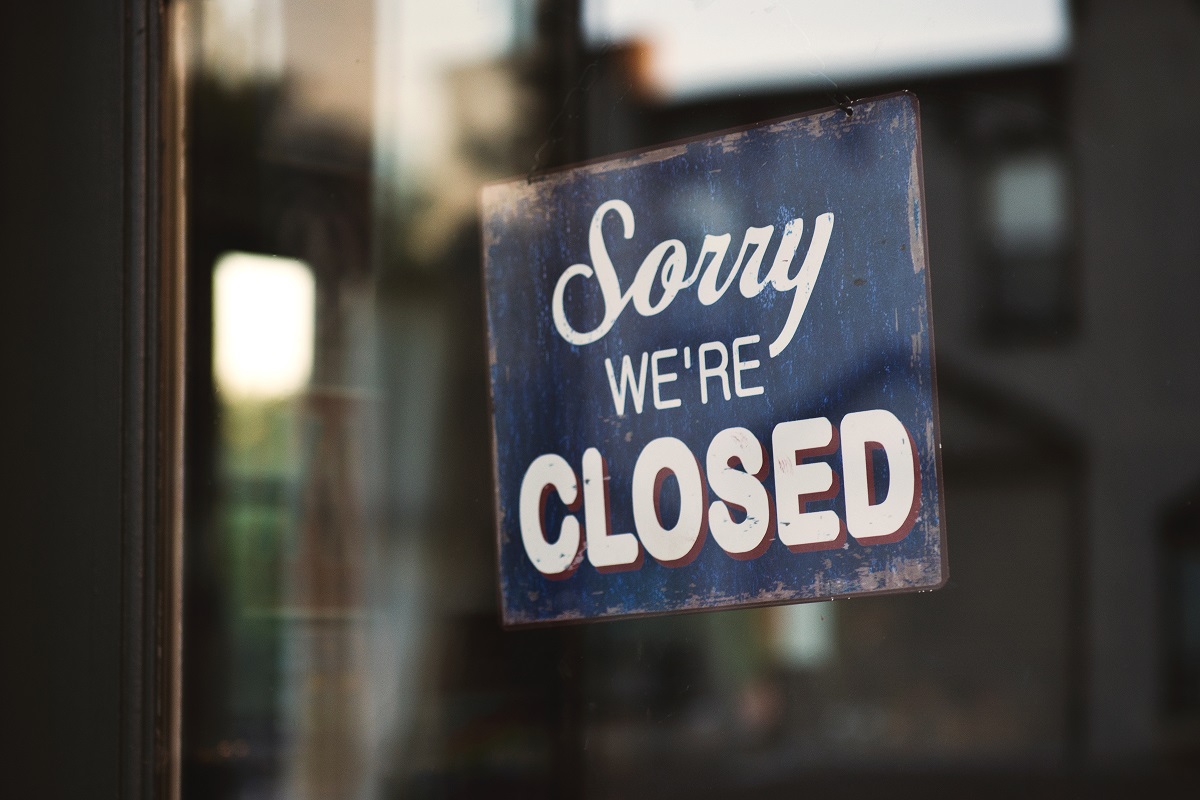Restaurants Hit Hard Amid Coronavirus Pandemic
You never see the lightning bolt that hits you.
Coronavirus COVID-19 has taken us all by surprise and continues to baffle us with its strength and uncertainty. It’s difficult to write a post about the current climate because it changes daily, hourly even. Every day, we hear of communities requiring residents to shelter-in-place as more orders are announced, clarifying which businesses can operate and which must shutter their doors.
Real Estate Recessions: Causes
Real estate market recessions are NOT always the result of real-estate activities, such as overbuilding, loose underwriting or easy financing. Sure, there have been real estate recessions caused by these actions, but not always.
Often there are non-real estate triggers—think of the mid-70’s oil embargo, the Iraq War, inflation in the 80’s and 9/11. These events usually expose underlying market weaknesses and cause the debt markets to lock up, resulting in sharp declines in real estate fundamentals.
This pandemic is no different except that it’s forcing Americans to do such things as social distancing and sheltering-in-place, which may have long-term impacts on how they work, shop and live. I don’t believe all future shopping will be online or restaurants will become take out windows, but consider how 9/11 changed air travel.
There is no question in my mind that this pandemic will have a long-term impact on bricks and mortar and how it is utilized. Let’s take a closer look at one retail sector: restaurants.
Restaurants Hit Hard
All sectors of the real-estate industry will experience some level of impact. Restaurants, which have been a major driver of the retail expansion, have been hit particularly hard. Restaurants being restricted to take-out or delivery only and bars being closed due to limited gathering restrictions is nothing short of a disaster.
Consider a few possible scenarios:
- You have a well-established local operator with a stable business (maybe several locations) and with a healthy balance sheet. Even so, a 75 – 100% decline in business for 1 to 2 months (or longer) will really hurt.
- You have a family-owned-and-operated restaurant with a single store. While it might have low overhead and was previously doing well, that one restaurant is the only source of income and feeds and shelters the family. Having to close will be devastating.
- You have a well-established local operator with multiple locations and concepts who is in expansion mode. He has considerable overhead and debt. The operator can probably survive, but will need landlord and lender help. His future footprint will likely be smaller.
- You have a national chain or franchisee with good credit, but business is down considerably. It has some weak locations it would like to close. The chain or franchisee will be okay, but will ask for some concession.
It All Starts with the Landlord
In all of these cases, the tenants will likely want free rent. The landlord must consider a myriad of factors, including remaining lease term, rent compared to market, financial strength of the tenant and viability of the concept. The landlord then must consider its own cash needs and whether there’s enough cash flow to service debt on the property. These factors all influence what the landlord is willing to do in the way of lease concessions or restructure.
The Lender = Bull in the China Shop
At the end of the day, the landlord’s ability to help the tenant will likely be determined by the terms of a loan or the flexibility of its lender. If the lender is a bank, the probability of working something out is higher if the owner has a personal relationship or deposit accounts with the bank.
If the lender is a private debt fund or if the loan has been securitized and sold to an investment fund, the probability for flexibility decreases. In these cases, the owner will be working with someone who is obliged to protect the investors. Also, that process can be time-consuming, in a situation where an immediate solution is necessary.
Restaurant Recovery
As an industry, restaurants will recover. (People already miss meeting for lunch with colleagues, sharing coffee with a friend and dining with their spouse at a favorite local joint.) However, many will not reopen, and the growth in new units will slow. In my opinion, there were too many restaurants before this pandemic occurred, and all operators now will be focusing on only their best units. It might also take some time before people get comfortable being in crowded spaces.
Recommendations for Moving Forward
There is a de facto partnership between tenants and landlords. Landlords want to ensure their tenants are doing everything they can to sustain their businesses. At the same time, landlords should work with tenants to increase the likelihood that when this crisis ends, tenants will be back in business as soon as possible, with few lingering effects. In my opinion, it is worth sacrificing short-term cash flow to retain long-term value.
PREF is fortunate as we have little or no debt on our properties and therefore the flexibility to accommodate reasonable requests for concessions. Of course, we will closely monitor the situation to confirm tenants do everything possible to be ready to reopen when restrictions are lifted.
My advice is to be flexible and work with tenants and lenders if you can do so. Sometimes, you just have to share the pain.
Check back soon for my comments on the COVID-19 impact on other real-estate sectors, including hospitality, office and multi-family.



